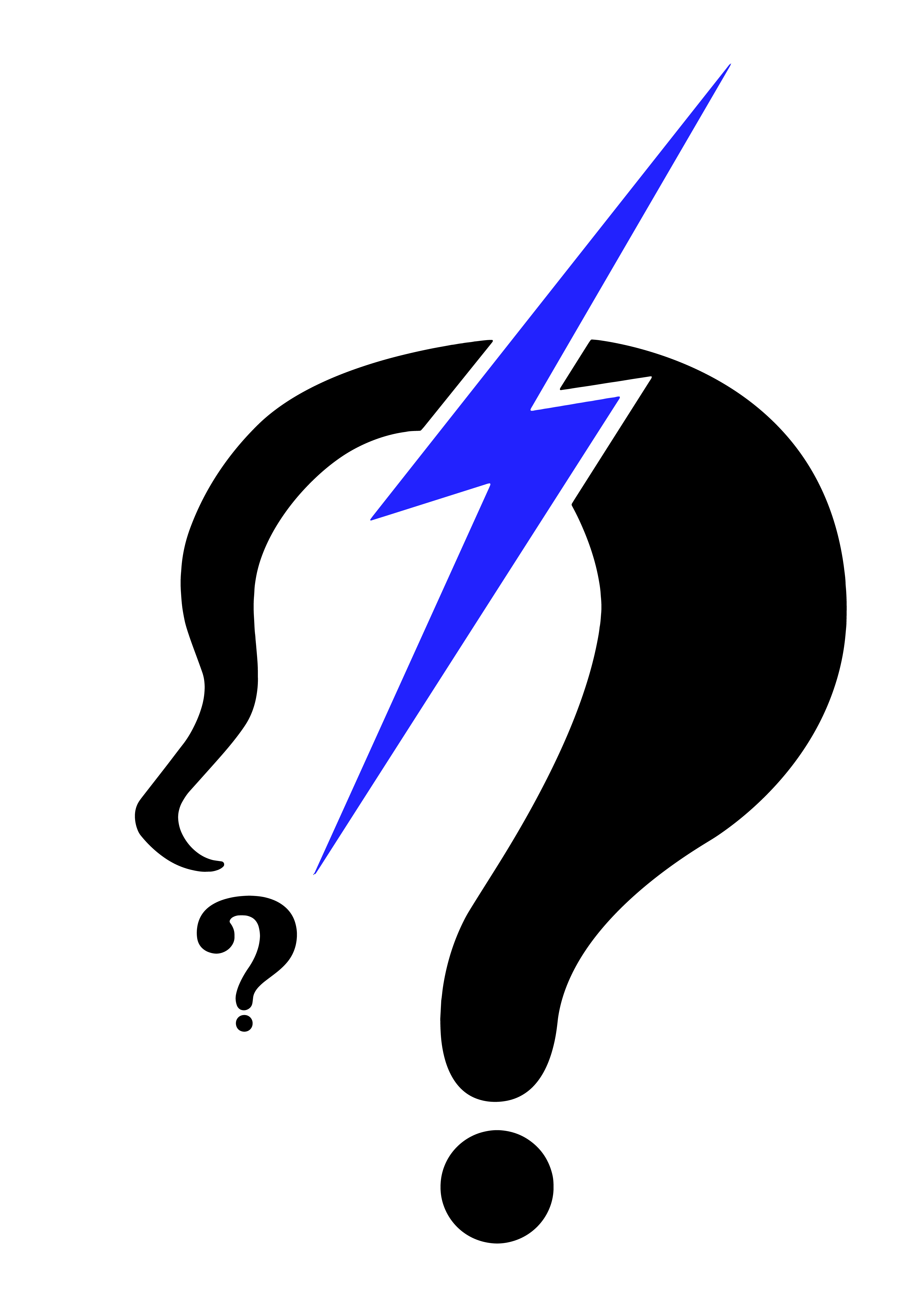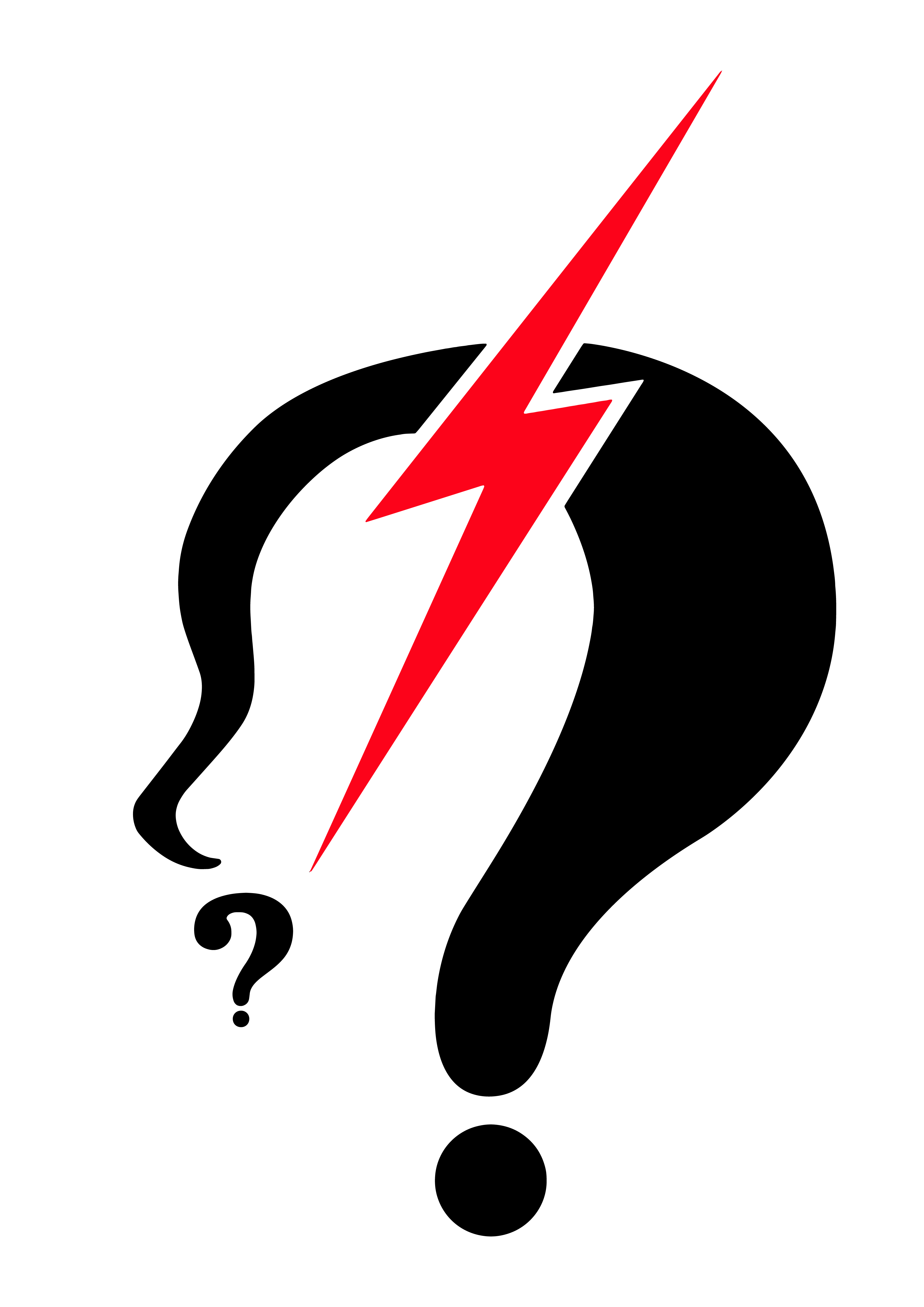Cognishine
A comprehensive library of activities covering cognition, social emotional skills, language and speech.
Activities intend to enhance receptive and expressive language skills, social communication skills/pragmatics, speech sound production, and cognitive abilities.
Some customisable access features, including cursor type and english accents. Also available in German, Spanish, Russian, Arabic, Hebrew. More languages to be added soon.
Self practice report
Activities aimed at supporting:
Cognition: memory, sequencing, planning, recall, general knowledge
Language: word naming, auditory comprehension, picture description, story telling,
Speech: practice sounds, select specific sounds to practice
Social emotional: point of view, inference, identifying emotions

 The
The